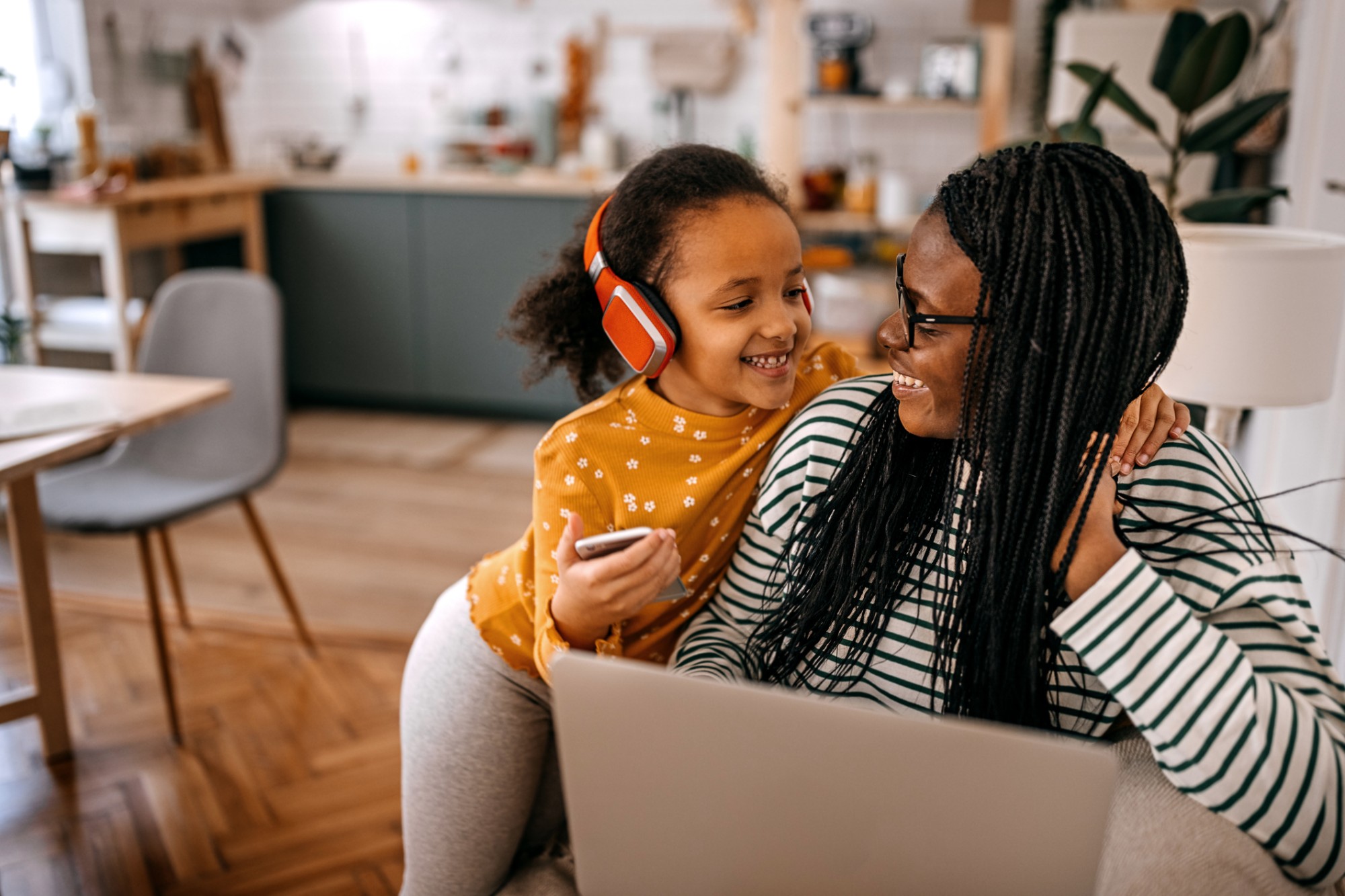How does music play a vital role in the development of early childhood experiences? Before We Teach Music: The Resonant Legacies of Childhood and Children, authored by TC’s Lori A. Custodero, Professor of Music Education, explores how our musical skills, experiences, and love for music itself are shaped during early childhood through interdisciplinary research and autobiographical accounts from music education students and their unique perspectives on how music has shaped their adult lives.
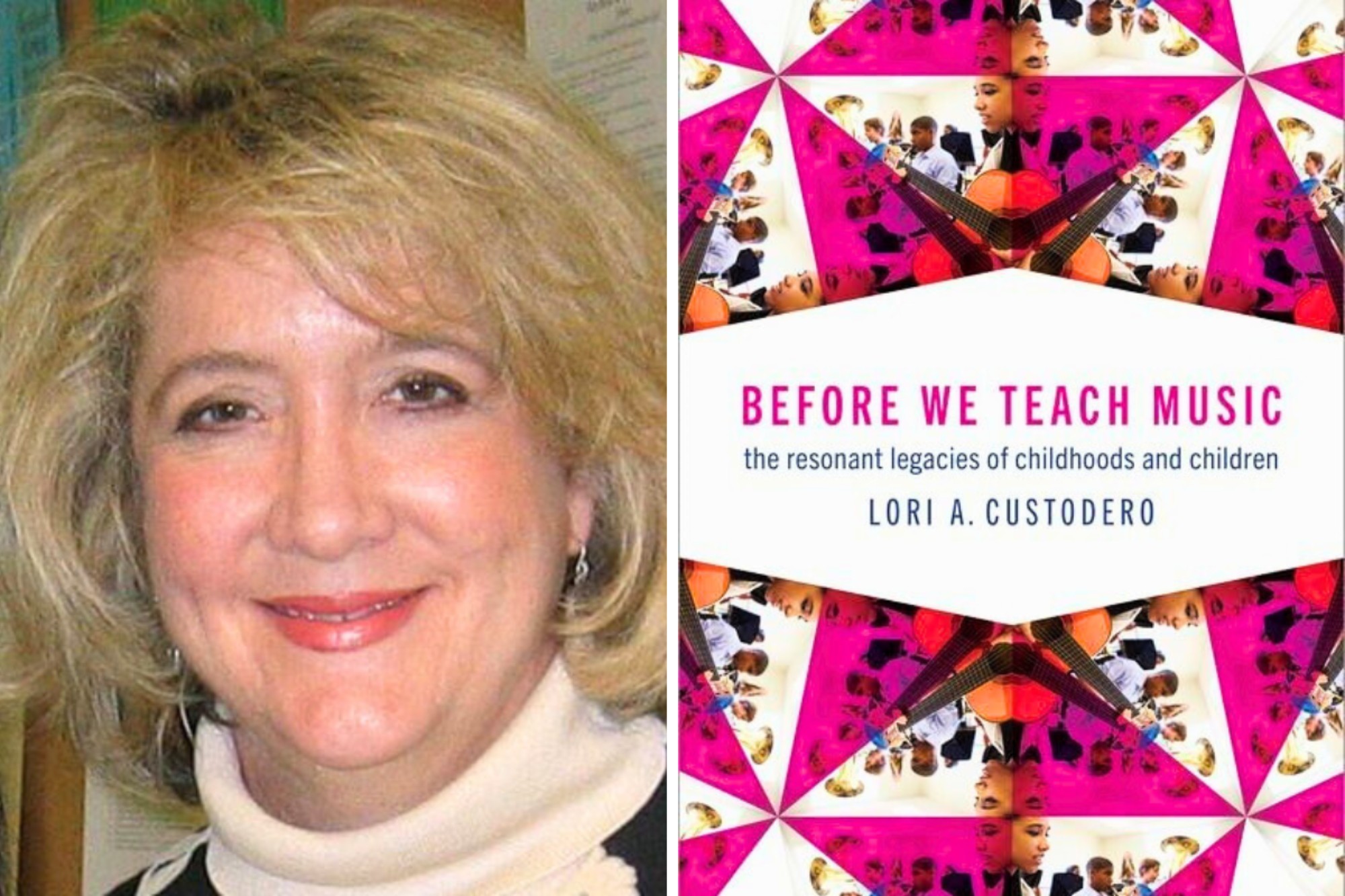
Lori Custodero, Professor of Music Education. (Photo courtesy of Custodero.)
“Music influences our lives both explicitly and implicitly,” shares Custodero. “It is a communication system in which children engage early in development."
Custodero’s latest book follows her previous publications on contemporary music education theory and practice. She sees her newest work as critical to helping individuals reach new depths of understanding — for themselves and others. “Parents, teachers, performers, and composers can learn from their musical encounters with children,” Custodero says, “which raises important questions about the nature of musicality and the complexity of human musical trajectories.”
We sat down with Custodero to learn more.
On Self-Expression, Identity and Communication…
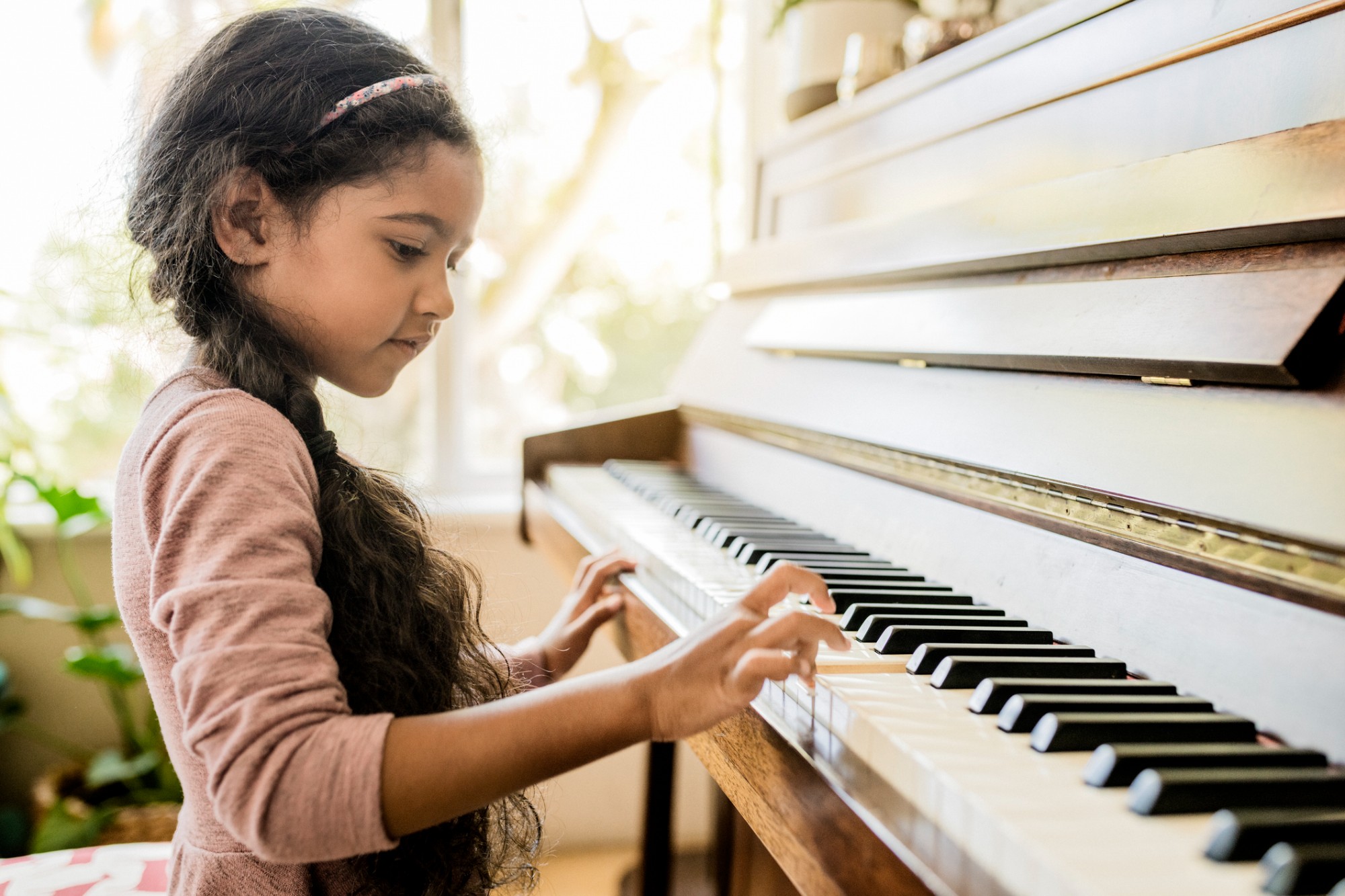
(Photo: iStock)
Music largely impacts self-expression and human experience, often beginning at the earliest stages of childhood. Throughout her book, Custodero draws from various disciplines, including psychology, musicology, and anthropology, to examine the impact that music has on childhood and, in turn, as adults, our experiences with children.
“As adults, we often become closed to such direct and embodied self-expression,” she writes. “Music provides a means by which we can express ourselves and communicate with others, and create sonic environments of safety and comfort.”
Research by Custodero found that parents' choice of songs for their children depended on their musical experience and identity. Choir singers were more likely to sing lullabies to their children, while instrumentalists preferred playing recorded music for their babies.
“Music tells our stories. We are the experts of our own experiences. We are the culture bearers and storytellers,” shares Ruth Aguirre, a student who shares her autobiographical account in Custodero’s book. “We decide what we like, don't like, what surprises us, what brings us sorrow and joy.”
On Childhood Development and Learning…
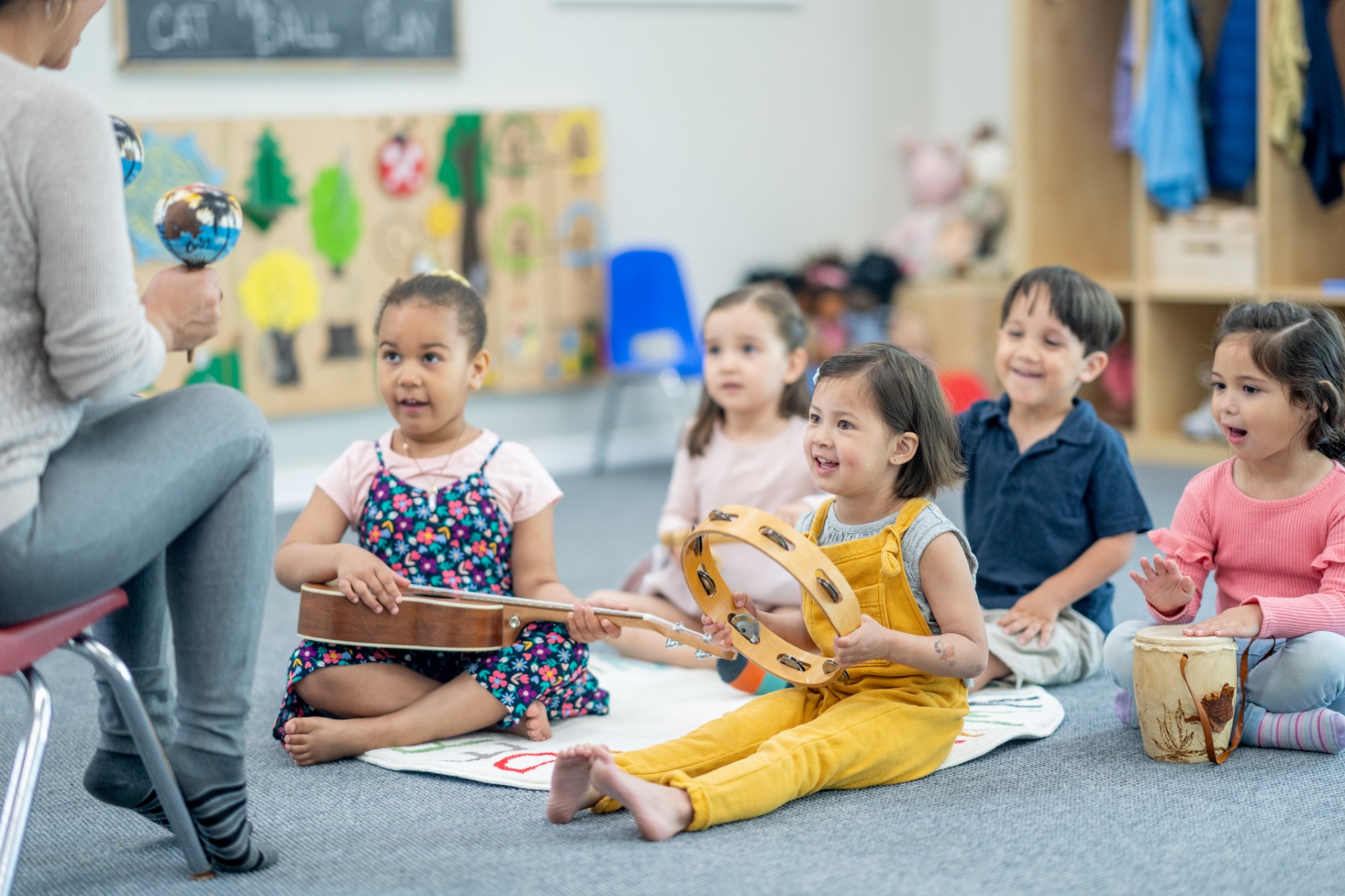
(Photo: iStock)
“In my work as a professor, I have adopted the practice of asking music education graduate students to write their own music autobiographies, to tell their stories, as one way to connect their teaching with their own development and learning,” notes Custodero. “Awareness is crucial to our ability to enact a responsive pedagogy. By looking at memories of our musical childhoods, we may be better able to critically examine why we do what we do.”
She adds that understanding our musical selves through childhood experiences can guide educators to create meaningful and authentic musical experiences in the classroom. “We can see classrooms and studios as empathetic contexts, rigged for the construction of meaning through musical experiences that are relevant, authentic, and shared,” she writes.
Several studies demonstrate that infants produce singing-like sounds before speaking, indicating an overlap of neural pathways for music and language. By age one, they can narrow their focus on specific language and sound features through exposure and practice, shaping their skills.
“Exposure to varied forms of music and language is crucial for childhood development,” adds Aguirre. “It [music] also guides children in regulating emotions and fostering empathy. Children benefit when empathy is nurtured from the earliest age, with repeated practice."
On Connecting with Others and Exploring Heritage…
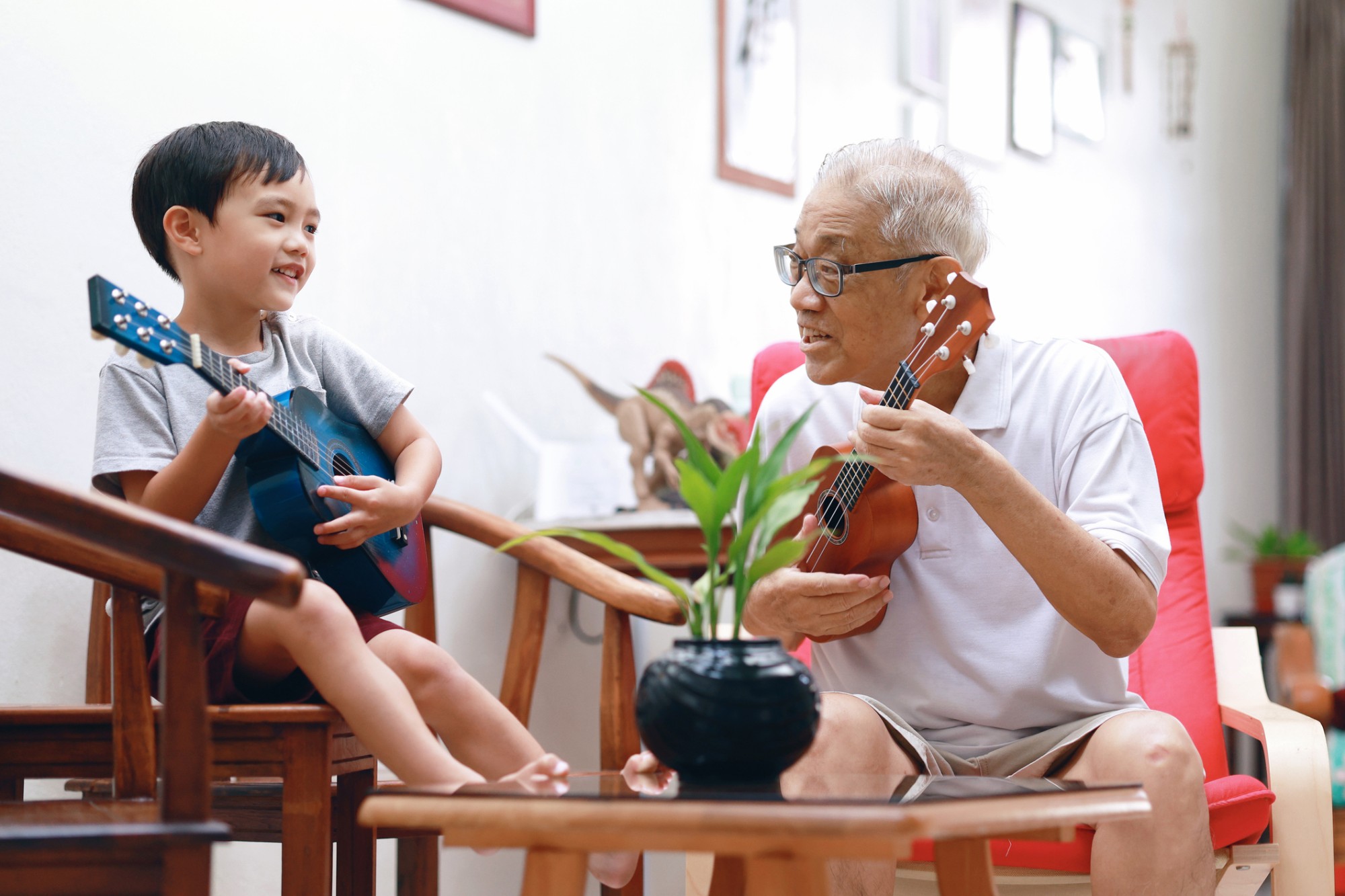
(Photo: iStock)
“When adults engage musically with their young ones it taps into something that they instinctively know and can respond to—it generates connections,” writes Custodero. She goes on to explain that the social aspect of the musical experience enhances relationships by fostering expressiveness.
Musical experiences also have an impact on how we connect with our heritage and culture. “As we grow into adulthood, we often have a yearning to share a heritage – it is a way to bring our own past to the present and take it into the future through passing it on,” writes Custodero. “Music opens the door to that connection.”
“Cultural music in early childhood includes the participation of the child in a multi-generational setting where familial and community bonds are forged and strengthened, " adds Aguirre. “The child learns that their voice matters, and that they are supported by people who love them.”
Notes and Reflections…
